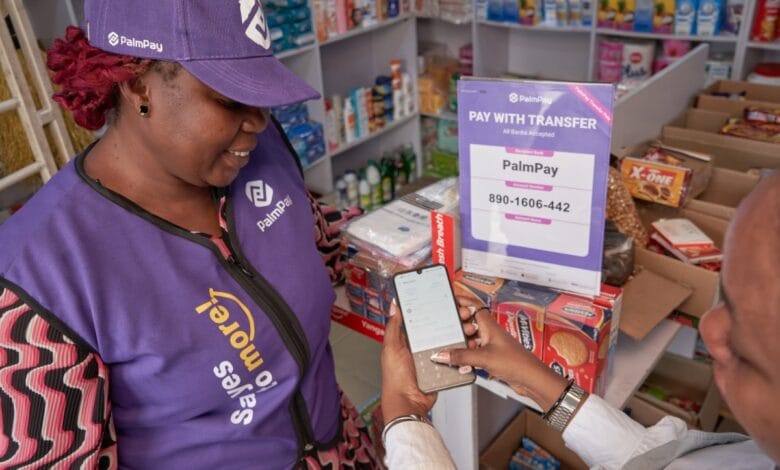
▼ Summary
– PalmPay is in talks to raise $50M–$100M in a Series B round to fuel expansion, following its $140M previous funding and profitability.
– The fintech has 35M registered users, processes 15M daily transactions, and saw revenue more than double from $64M in 2023.
– Launched in Nigeria in 2019, PalmPay targets underbanked users with zero-fee transfers, credit, and agent networks, serving 10M customers monthly.
– PalmPay partners with Transsion (Tecno, Infinix) to pre-install its app on smartphones, driving adoption, and is expanding to Tanzania and Bangladesh.
– The company offers cross-border payments for merchants via API, processing hundreds of millions monthly, with plans to add device financing in Nigeria.
PalmPay, a leading African fintech platform, is reportedly in advanced discussions to secure between $50 million and $100 million in its latest funding round. This Series B investment aims to accelerate the company’s expansion across Africa and Asia while strengthening its position in Nigeria, its largest market.
Sources indicate the digital banking startup, which achieved profitability after raising nearly $140 million in prior rounds, is now eyeing aggressive growth. The fresh capital will likely combine equity and debt financing, fueling initiatives such as scaling its business-focused services and entering new markets.
With 35 million registered users and 15 million daily transactions, PalmPay has become a dominant player in Nigeria’s fintech space. The company processes tens of billions of dollars annually, with revenue reportedly more than doubling since 2023, when it stood at $64 million.
Founded in 2019, PalmPay disrupted Nigeria’s financial sector by targeting the unbanked and underbanked population. Its zero-fee transfers, instant onboarding, and tailored services—including credit, savings, and bill payments—have attracted millions. Beyond digital channels, the fintech built a vast agent network of over 1 million small businesses, facilitating cash transactions for users without traditional bank access.
A key driver of PalmPay’s success is its partnership with Transsion, the Chinese smartphone giant behind Tecno and Infinix. By pre-installing its app on financed devices, PalmPay gained a massive distribution advantage, helping onboard first-time financial users, 25% of its customers reportedly opened their first-ever account with the platform.
The company has already expanded into Tanzania and Bangladesh, marking its first move outside Africa. In these markets, PalmPay is leveraging device financing and consumer credit as entry points before introducing broader services. Plans are also underway to roll out merchant-focused cross-border payments, currently operational in Nigeria, Kenya, and Tanzania, with South Africa next in line.
Beyond Transsion, PalmPay is exploring collaborations with additional OEMs (original equipment manufacturers) to widen its reach. Existing investors include GIC (Singapore’s sovereign wealth fund) and MediaTek, signaling strong backing for its growth ambitions.
As competition intensifies among African fintechs like OPay, Moniepoint, and Paga, PalmPay’s hybrid approach, combining digital innovation with physical touchpoints, positions it as a formidable contender in the race to dominate emerging-market financial services.
(Source: TechCrunch)
